Your Cart is Empty
Free Shipping on All Subscriptions Worldwide

|
Nagano is not often spoken of as a primary tourist destination in Japan, at least not compared to the much more popular cities of Tokyo, Kyoto, and Osaka. But a couple of notable claims-to-fame make Nagano a very interesting place to visit indeed. For example, did you know the city hosted the Winter Olympics in 1998? |
|
There’s also a famous quaint little town called Naraijuku, where you can stroll through sleepy streets lined with traditional Japanese shops. You can read more about these traditional towns that haven't changed for over 400 years here.
|
This old town hasn't changed for 400 years. |
The Matsumoto castle of Nagano |
It is also where you'll find the Matsumoto Castle, home of the Tokugawa clan, once the most powerful shogunate in history. Read more about the Matsumoto Castle here. But there’s so much more to Nagano that makes this place a worthwhile visit. Read on, and you might just find that Nagano deserves a place on your bucket list.
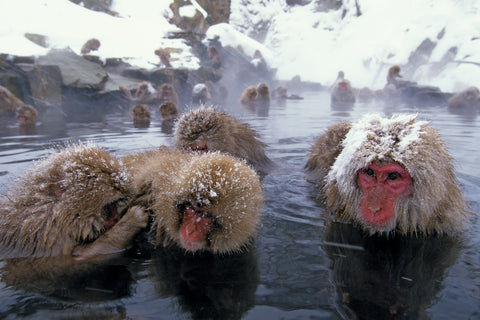
Snow monkeys relaxing in an onsen
An enlightened few know the simple life pleasure of easing into a piping hot bath in the dead of winter, and nowhere is this pleasure more enjoyed than in the onsen hot springs tucked away in the snow capped mountains of Japan. Nagano is known as one of the snowiest regions of Japan.
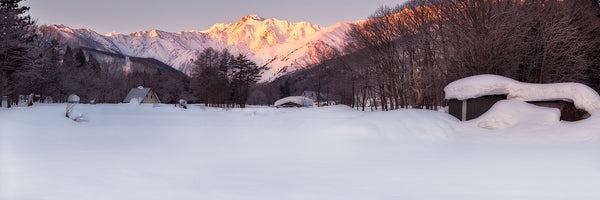
Mount Goryu in Nagano ©AllTheSurveyors
The region’s deep blanket of light powdery snow regularly attracts skiers from all over the country who go there to "pizza and french fry" but also to wind down in an onsen bath. The local residents can totally relate to this wonderful feeling, and by “local residents”, we mean the famous snow monkeys of Jigokundai in Nagano.
Japan's snow monkeys, more commonly known as the Japanese Macaque, is a monkey species native to northern Japan. They are known to be the most northern-living non-human primate and can survive temperatures as low as -15°C. Over the years, they have gained quite a reputation for their penchant for onsen baths and their human-like expressions of bliss when bathing. They even partake in this activity as a social group.
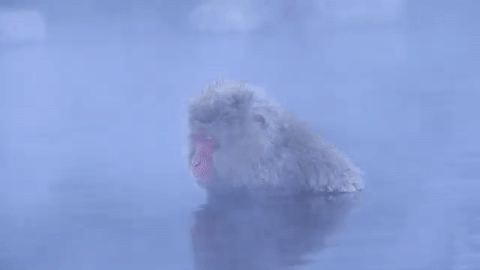
“Did I remember to thaw the chicken?”
Have you ever considered a career in ninjutsu?
We must’ve all had at one point in our childhood lives. Fortunately (or unfortunately depending how you still feel about it), we grew out of that phase when we realized it’s not really an employable skill these days.
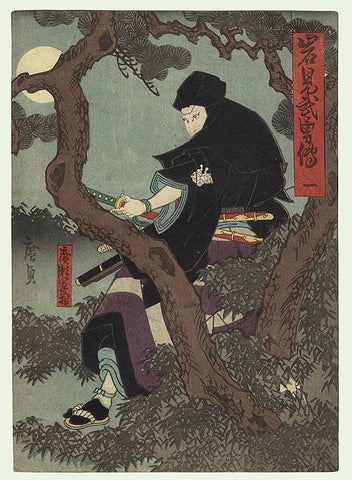
Traditional art of a ninja waiting in the tree to ambush
Well, back then, in the days of Japanese yore, where the samurais roamed the countryside and went on quests of honor and love, there emerged a trend of sneaky, parkour-ing vigilantes (or sometimes spies or petty criminals), and they were called ninjas. Where does one go to become a bona-fide ninja? Why, to a ninja school of course!
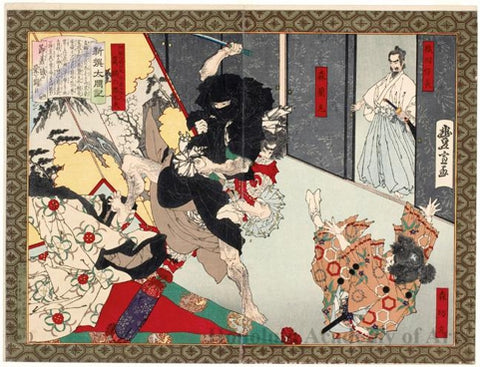
Ninja attacking the Daimyo warlord Toyotomi Hideyoshi
Nagano is home to one of the three original establishments for ninja training. Legend has it that Daisuke Nishinin, the founder of the school was a warrior from Nagano in the 12th century who fled to nearby Iga after losing in a war between the Minamoto and Taira clans. In Iga, the bedrock of ninjitsu activity, this warrior learned the ways of the ninja and returned to Nagano to establish a school.
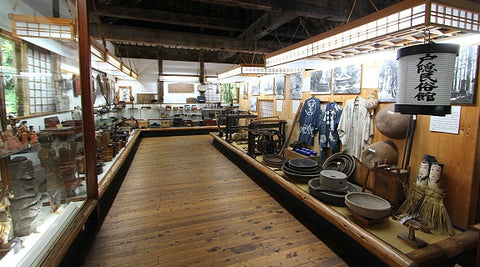
Togakure Ninpo Museum
Today, you can learn how ninjas operated by visiting the Togakure Ninpo Museum. The museum features an actual ninja house, which looks quite ordinary in appearance but is actually equipped with secret doors, hidden stairways, and other contraptions that once served to trap intruders. There’s also a dojo where you can practicing throwing shurikens (ninja stars).
Comments will be approved before showing up.